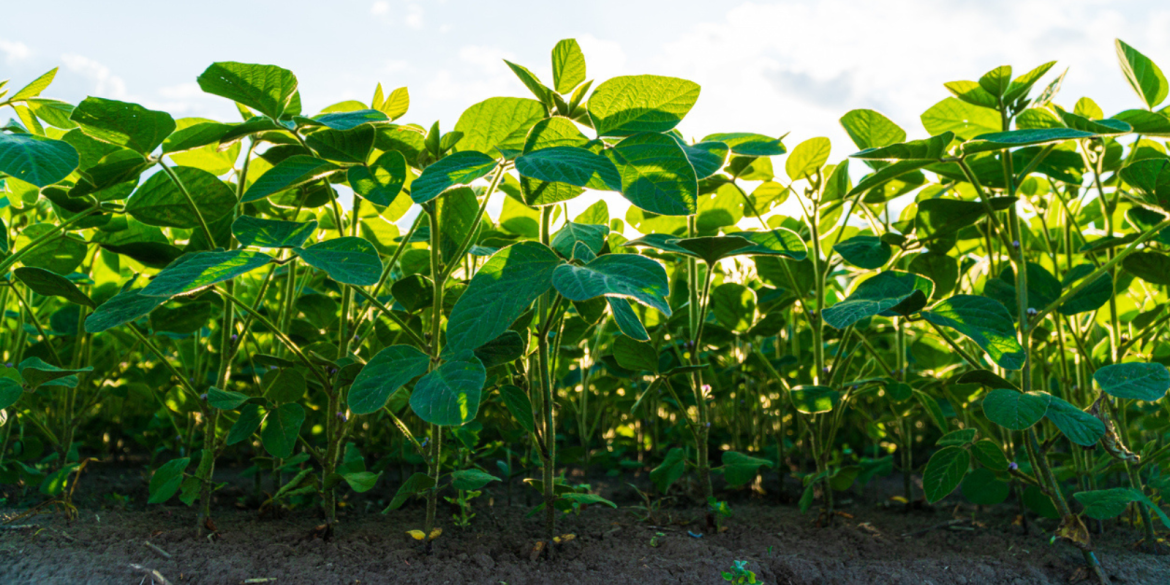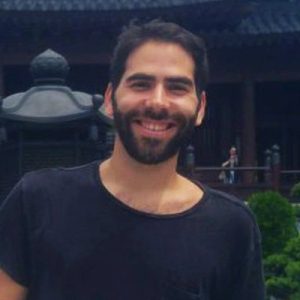
Soon, Matanel Hipsch (31) will complete his long journey toward a PhD in Plant Sciences and Genetics at the Faculty of Agriculture, Food, and Environment at the Hebrew University. As part of his research at Dr Shilo Rosenwaser’s lab, Matanel advanced a method for early-stage detection of stress and distress in plants, before the damage manifests itself and shows visual external signs. “Early detection can prevent epidemics and famine, and also save farmers a lot of money.”
The method – a system of molecular biological sensors that can enter plant cells and detect potential diseases – allows for early identification of various diseases in plant leaves through a simple, non-invasive external scan. Signals sent from the sensors are captured by sensitive cameras, and the fluorescent images produced by the cameras help track the physiological state of the plants throughout the development of the disease.
In 2021, the lab team removed their lab coats and joined OPEN – the flagship programme of ASPER-HUJI Innovate for developing start-ups at the Hebrew University, where Plantell was born. Led by Matanel, now the CEO of Plantell, Dr Rosenwasser, and Dr Nardy Lampl, its goal is to “talk” to plants and develop biological materials that aid plant growth, reduce plant damage, and make our plates healthier.
The research team developed an image analysis-based algorithm capable of investigating the fluorescent images and distinguishing between healthy leaves and those infected with the disease. According to them, the new method can be used for in-depth research of disease resistance mechanisms, as well as for screening and identifying potential substances that will improve plant resistance.
 “Plantell has precise sensing capabilities and the power to communicate with plants. We are currently in the POC (Proof of Concept) process, aiming to turn Plantell into a company that produces future materials for agriculture – replacing chemistry with biology. We want to use our technology to produce materials that are good for plants and will make our plates healthier. The past few months have shown us that Israel needs strong, independent, and healthy agriculture, and we would be happy to operate in Israel and employ workers in development areas. The border area is the ‘barn’ of the country and needs to support local Israeli agriculture. It’s still a dream right now, but we are progressing towards it.”
“Plantell has precise sensing capabilities and the power to communicate with plants. We are currently in the POC (Proof of Concept) process, aiming to turn Plantell into a company that produces future materials for agriculture – replacing chemistry with biology. We want to use our technology to produce materials that are good for plants and will make our plates healthier. The past few months have shown us that Israel needs strong, independent, and healthy agriculture, and we would be happy to operate in Israel and employ workers in development areas. The border area is the ‘barn’ of the country and needs to support local Israeli agriculture. It’s still a dream right now, but we are progressing towards it.”
